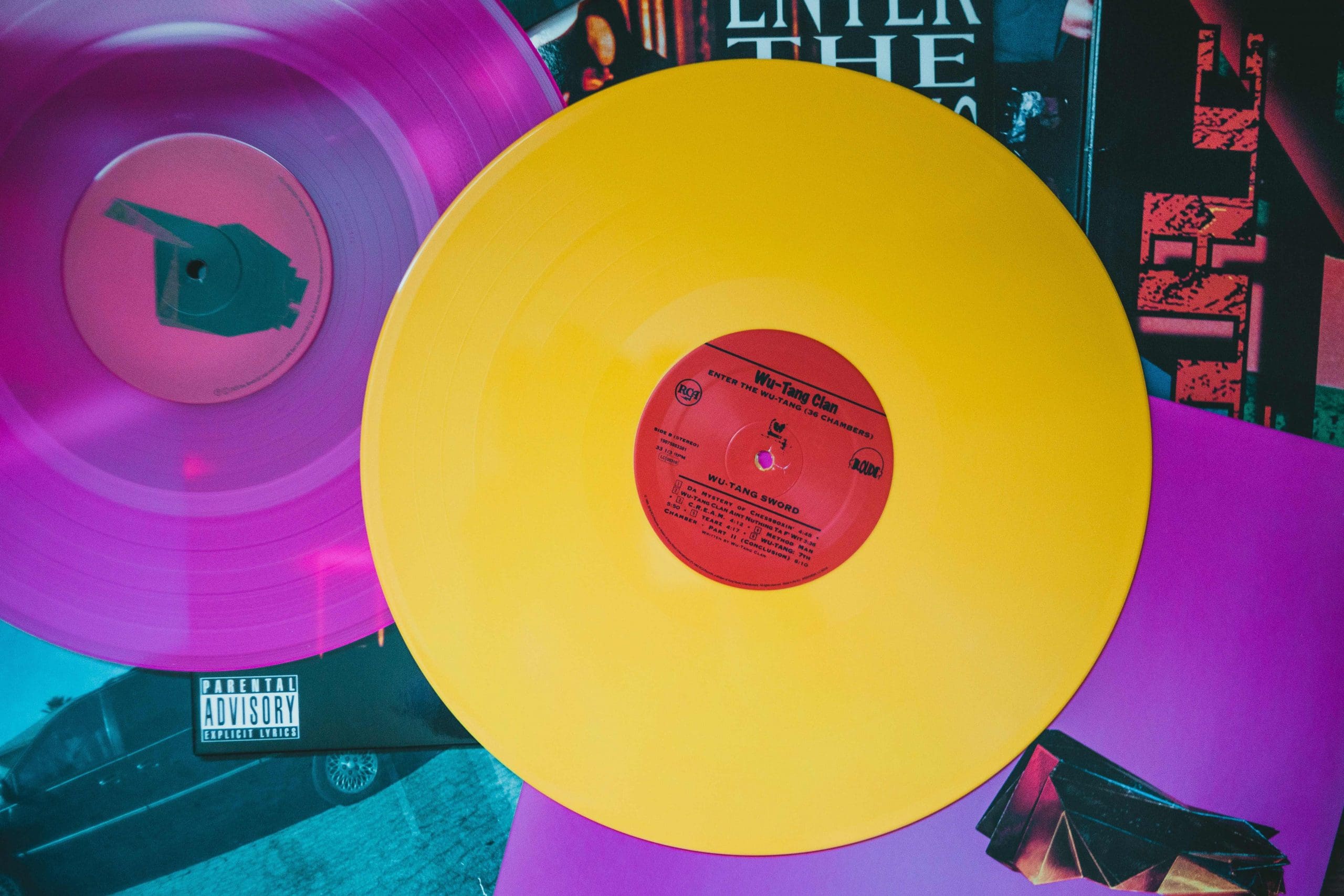
Amidst ongoing droughts and ever-fluctuating weather, the issue of the environment remains one of the greatest issues of our time. Its all-encompassing nature means many industries are seeking ways (some more than others) to reduce their carbon footprint.
Indeed, according to one survey, music fans appear particularly concerned with the issues facing our environment, with a reported 82% of music fans recorded as concerned about climate change compared to 72% of non-music fans. Broken down a stage further and 42% of music fans reported being “very concerned”, compared to 31% non-music fans.
Now an agency behind some of K-pop’s best-known stars is said to be exploring the possibility of digital-only releases, removing some of the environmental impacts of delivering millions of physical records.

ITZY
According to the company’s Environmental, Social and Governance (ESG) Report, released earlier this month, the company is “preparing various digital-based albums that can replace plastic physical CDs”. Instead, according to the plans, fans will only receive photo cards in person, whilst behind-the-scenes videos and lyric books will be available online.
In many ways, this is hardly news. For many people, buying records is a thing of the past (even if vinyl sales are enjoying something of a heyday), with streaming revenues now accounting for more than 65 percent of total global recorded music revenue.
Yet the prospect of actually not being able to purchase an album in physical form would certainly prove something of a turning point.
Granted, we shouldn’t get ahead of ourselves. These plans are of course only being touted by one agency (that we know of) in the K-pop sphere. But as with all such seismic shifts in the industry, the seed is planted somewhere before becoming the dominant means down the line.

Stray Kids
And whilst such a move is certainly bold, due diligence should equally be given to the impacts of streaming itself.
One 2019 study, conducted in-part by the University of Glasgow, found that ever-increasing music consumption via streaming does have costs. In fact, it estimated that the amount of plastic used to make physical records has plummeted from 61 million kilograms in the 2000s to about 8 million kilograms as of 2016, yet the energy it takes to stream and download digital music has a steep rise in greenhouse gas emissions.
Specifically, music consumption in the 2000s resulted in the emission of approximately 157 million kilograms of greenhouse gas equivalent, whereas now the amount of greenhouse gas emissions generated by the energy needed to transmit music for streaming is estimated to be between 200 and 350 million kilograms.
No doubt the scale of such ideas are what’s required to tackle such an ecological crisis, but there could well be hidden, unintended consequences.

A focus on other key emission-causing aspects of the industry would be worth exploring too, with global touring being an obvious place to start. Coldplay, for instance, are currently amidst an “eco-friendly tour”, with measures that include cutting direct emissions by 50 per cent compared to the band’s last tour in 2016 and 2017, and using 100 per cent renewable energy, with solar installations at every venue.
The charity ecolibrium is equally a worthwhile site to engage with, for music-lovers who are equally concerned with environmental issues.




